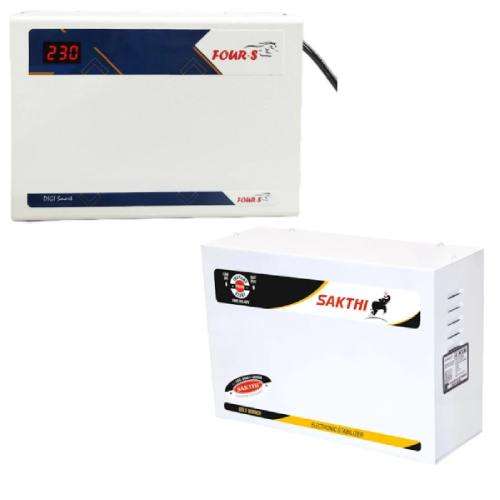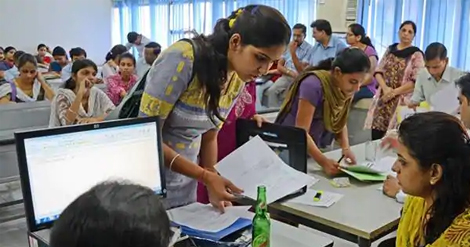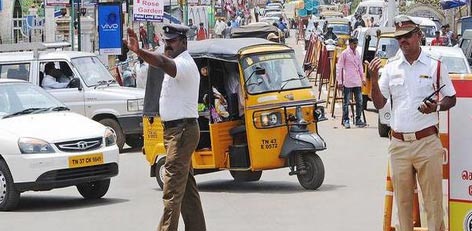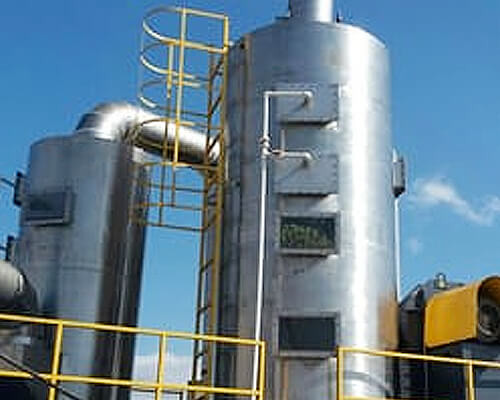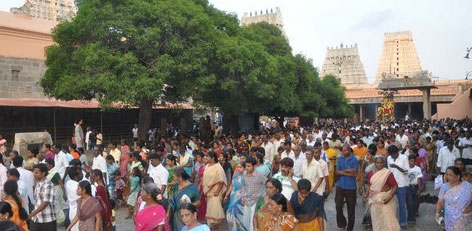No. of views : (5588)
How can cities help in sustainable food management?
Posted on: 13/Apr/2019 4:57:25 PM

There is constant climatic changes - thanks to the massive urbanization and industrialization happening all around. There is 25% of overall carbon emission sourced only out of food production. As an irony, these tremendous changes in weather patterns are set to largely hit food supplies across the world.
With food production, there is increasing deforestation which in turn reduces overall carbon dioxide absorption by trees. And this chain ultimately results in greenhouse effect. Furthermore, there is huge damage caused by the extensive use of fertilizers and pesticides. This brings down the soil fertility and overall insect population. Insects basically help in enhancing the soil quality and aids plants in getting more nutrition.
On the other, there is substantial increase in population. By the year 2050, a whopping 9.5 million will be the total population on earth. So, as a response to these alarming status, the Food and Agriculture Organization of UN is insisting upon increasing overall food production as we arrive at 2050. For this, agricultural practices are to be increased in order to increase productivity and make use of lesser resources without increase in the farmland area.
The way in which such intensification should be done is still unclear. We need to make use of organic farming methods and preserve soil ecology and insects ecosystem and ultimately restore fertility of soil. However, as of now, it is not possible to make more produces like industrial agriculture.
According to reports from the FAO, globally, there are about 821m people suffering without food. The food production is 50 percent more than necessary for the overall population in the world. According to other estimates done by biologists, the food production range at present can be enough to feed over 14 billion people. However, one third of the food produced is getting wasted as we have weak supply systems and unsustainable food habits.
So, the focus should not be more on agriculture intensification, but on ways to streamline consumption. Basically, 3 important areas need to be focused
Food recycling
On the whole, food consumption must be made circular which means that we should not throw away the organic food wastes in to the landfills. Instead of doing so, it has to be sent back for organic agricultural practices.
As of now, this kind of recycling of organic wastes is done in very meagre extents. Germany, Netherlands and a few other countries are leaders in the same, and Italy, Belgium and others are lagging. To enhance this process, there are a lot of advancements taking place very often. One such initiative is made by LEAP which stands for Local Energy Adventure Partnership. They have structured a large anaerobic digester which is nothing but a machine that is capable of taking organic waste products out of domestic and commercial sources and transform it into biogas and compost. The fuel thus produced will be used as food. In fact, there are widespread suggestions that practical handling of food wastage can be of help as animal fodder. We currently have insufficient produces to meet the needs of livestock. This problem will get resolved when food wastage is properly handled.
Urban farming
There isis one more way of bringing down demand which is to grow food within cities, as there is huge demand prevailing. By doing so, we cut down on the total distance travelled and we will also have streamlined and better system to manage demand, ultimately by producing food much closer to where the consumers lie.
Many studies and researches are taking place in order to know how the cities will be able to support urban agriculture
� Feasibility of vertical farms
� Cultivation on vertical areas through hydroponic systems
� City planning and design for optimum utility of available land area and rooftop regions and other regions
With such measures, we can easily make it possible to successfully do urban farming.
One such system is the Farmhouse where vertical staking is possible. This allows growing food vertically. There is also Blockchain Domes which is a patented method where we make use of heat produced through computer servers in order to derive the needed thermal conditions in colder climates.
Diet changes
People need to be encouraged to switch to better diet habits. At present, there is excessive intake of meat and cheese and eggs among middle income category people. Since the year 1990, in China, there is 4 times increase in consumption of poultry and beef. Coming on to the diet of farmed animals, the intake of grains is heavy. This can be used for the people instead. Also, a lot of water is necessary for cattle farming. This is sourced through deforestation.
As we insist on eating lesser amount of meat, we can reduce the overall pressure upon food system in the world. We may take a collaborative effort with food initiatives, governments, research institutions, and communities in order to achieve better sustainable choices that are also cheaper and healthier.


